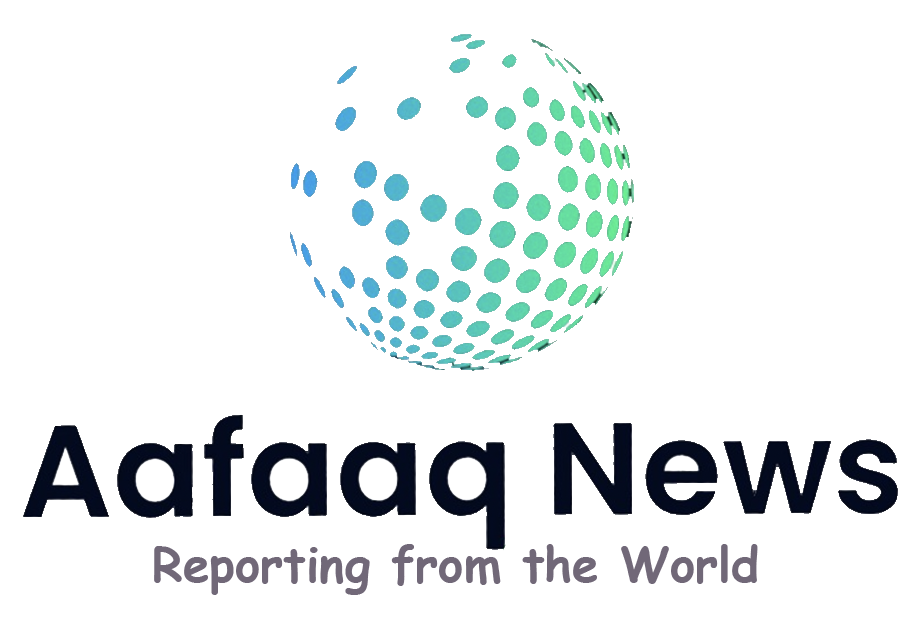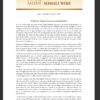In the age of social media and instant information sharing, the consequences of mistranslations and misinterpretations can be far-reaching and severe. Recently, a clip of Congresswoman Ilhan Omar addressing her constituents sparked outrage and controversy, fueled by a mistranslation that misrepresented her words. Despite evidence proving the mistranslation, the fallout continues, revealing the perils of misinformation in our society.

The incident began when a video clip circulated online, purportedly showing Ilhan Omar declaring herself “Somalian first.” This statement incited backlash from various quarters, with some far-right House Republicans calling for her censure. Representative Marjorie Taylor Greene went as far as labeling Omar a “foreign agent in our government” and a “terrorist sympathizer.” However, upon closer examination by independent translators, it was revealed that Omar’s actual words were different. She said, “We are people who know that they are Somali and Muslim,” not “Somalians first” as the video suggested.
Despite this clarification, the outrage persisted. Greene announced plans to introduce a censure bill against Omar, aiming to strip her of committee assignments. This move echoes previous attempts by Republicans to sideline Omar due to her outspoken criticism of Israel. However, many view Greene’s actions as politically motivated and unlikely to gain traction beyond a symbolic gesture.
Omar herself responded to the mistranslation with wit, highlighting the importance of accuracy in discussing ethnic identities. She emphasized that the demonym for someone from Somalia is Somali, not Somalian, urging critics to get their facts straight. Additionally, Omar clarified the context of her speech, which focused on the controversial agreement between Somaliland and Ethiopia, bypassing Somalia’s federal government.
The mistranslation not only distorted Omar’s message but also exacerbated tensions within the Somali community. Some took offense at Omar’s remarks, mischaracterizing her stance on territorial disputes and accusing her of “ethno-racist rhetoric.” However, others came to her defense, urging a retraction of the misleading video and emphasizing the need for nuanced understanding.
Despite these efforts to set the record straight, certain Republican figures continued to seize upon the misinformation to launch attacks against Omar. From calls for denaturalization and deportation to accusations of betrayal, the backlash against Omar reflects deeper political divisions and xenophobic sentiments within American society.
In the face of these challenges, Ilhan Omar remains resolute. She dismisses Greene’s censure bill as insignificant and stands firm with the support of her party. Hakeem Jeffries, the House minority leader, condemns the bill as a divisive distraction from more pressing issues facing the nation.
The controversy surrounding Ilhan Omar’s speech serves as a sobering reminder of the power of misinformation in shaping public opinion and political discourse. It underscores the importance of critical thinking and fact-checking in an era dominated by viral content and sensationalism. Moving forward, it is imperative that we strive for accuracy and integrity in our communication, lest we fall prey to the destructive forces of misinformation.














Hey, I’m using the contact form because I noticed you didnt have an A.I. chat option
I have a software that adds an A.I. chat feature for small businesses like yours.
You got a few minutes so I can demo it for you?
Its making some of the other users lots of money and its mostly automated so it won’t add to your plate.
PS reply back “AI Chatbot” for more info
Special promotion: Get started with conversation Ai and boost your business operations for under $1,000 a month.
Don’t get left behind; unlock your free 30 minute demonstration here.
https://www.dahbahmdm.com/free-ai-lead-information
You saw this message and I can send your message to millions of sites just like this. It’s amazing and affordable.If you are interested, you can reach me via email or skype below.
P. Stewart
Email: 9ufad6@gomail2.xyz
Skype: live:.cid.2bc4ed65aa40fb3b
Boost efficiency & leap ahead of the competition with our easy-to-integrate AI tools.
Let’s unlock your business’s potential together.
If this interests you, respond to this email with a YES.
Best,
Keith
Here is how to get more website visitors and customers EASY.
This website writes free, high end SEO content for you on autopilot.
Go to:
http://www.autowritebot.com
Sage
DISCOVER HOW I BUILT A 7 FIGURE BUSINESS SINCE SURVIVING MY FINAL SUICIDE ATTEMPT
https://www.youtube.com/watch?v=yosay9mQ4Ec
It’s time to create VIRAL content through our POWERFUL AI tool!
Shinefy creates VIRAL content for you in SECONDS!
Visit https://deidre–chasereiner.thrivecart.com/yearly-shinefy-subscription/ now!